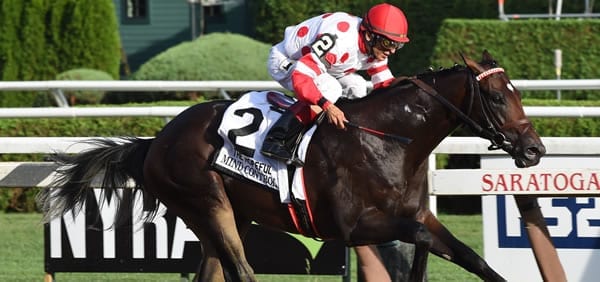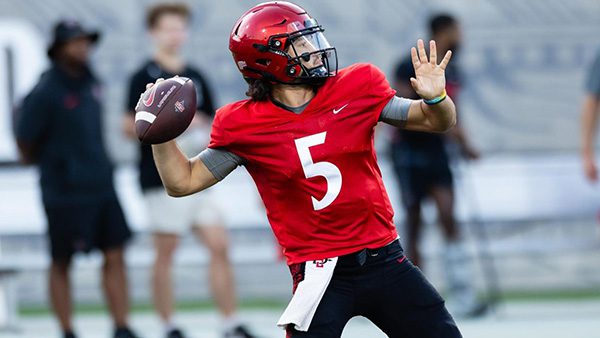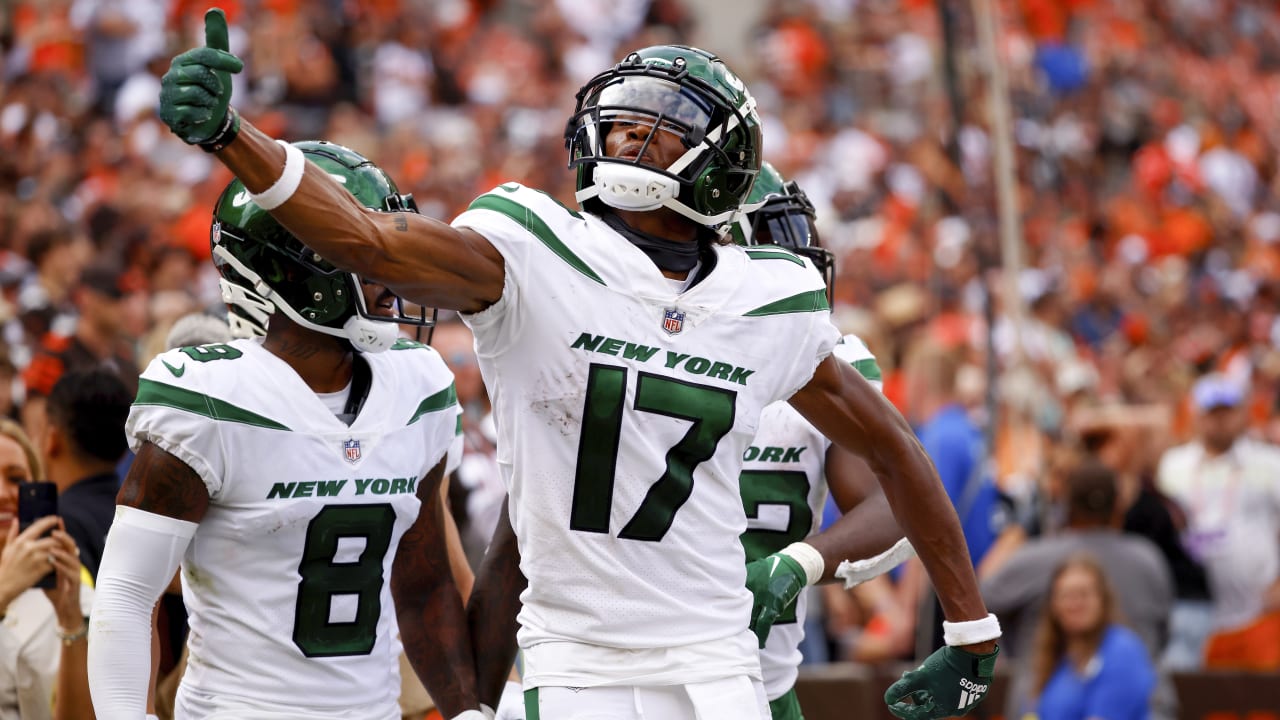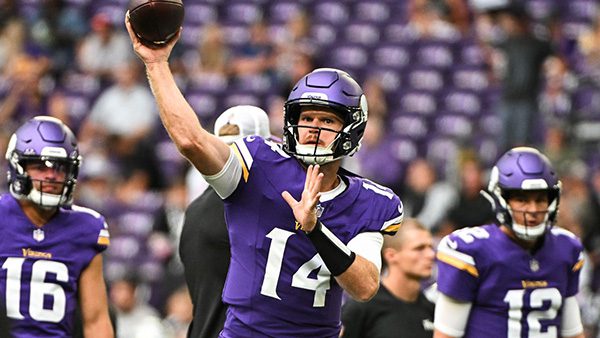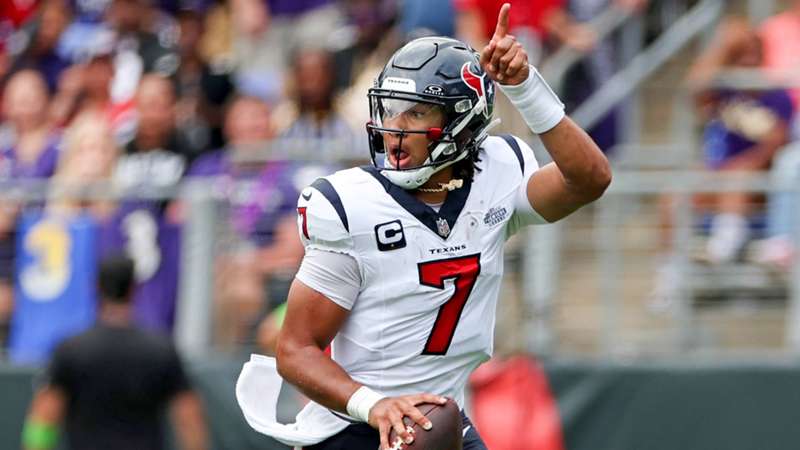Chopping Prize Money
by Chad Holloway of Predictem.com
Chopping at the end of a tournament refers to making a deal to “divvy up” the remaining prize pool among the surviving players rather than play it out and suffer the big swings usually associated with short-handed play. Players do this for a number of reasons including to assure a decent payday (since the difference between first and the subsequent places is significant), to limit their risk, and to avoid becoming a victim to the luck factor. The redistribution is usually based upon the player’s chip positions at the time a deal is struck; for instance, if the chip leader has a 3-1 chip lead over the other two players, he may get 50% of the remaining prize money while the other two get 25% each. Every deal that is struck is different and takes into consideration chip position, momentum, skill, and stamina.
I recently played in a monthly $50, 100-player tournament and made it to heads-up. Although my opponent and I were nearly even in chips, neither of us approached the other on a possible chop. That is the key to a chop, at least one player has to suggest it and all players have to agree to it. I ended up finishing second and took home $1,000 while my opponent took home twice that amount.
As luck would have it, I ended up making the final table of the following month’s tournament. After a long and grueling battle, I entered heads-up once again. My opponent, a local player who I considered to be a friend, immediately asked whether I would like to chop the remaining $3,000 prize-pool. I asked him if he would chop straight down the middle ($1,500 apiece) and even though he had about 150,000 chips to my 100,000, he agreed. When we returned to the table we engaged in a series of all-in dark bets until a winner was “officially” determined (which I was fortunate enough to win). By agreeing to a chop, I ensured a decent payday and avoided the possible $1,000 swing in prize money. I did this mainly because I was becoming fatigued and had a lot of respect for my opponent’s game. There was no doubt in my mind that neither of us would make a mistake and we would be playing until a big hand arose. That could have taken all night. Instead, we chopped and left nothing to chance.
Making deals and chopping the prize money used to be much more common before the poker boom. Now, the fame, celebrity, and possible sponsorship that come with winning a major tournament discourage the practice. In fact, some tournaments even prohibit chopping; although this is the exception and not the rule. Most tournament directors allow for players to do as they see fit regarding their prize. The important thing to remember is that if you would like to chop you should offer the opportunity to your opponent(s), and if you do not wish to chop when offered, all you have to do is say no. You shouldn’t feel guilty if you do not wish to enter into a deal and should respect the other player’s decisions as well.




